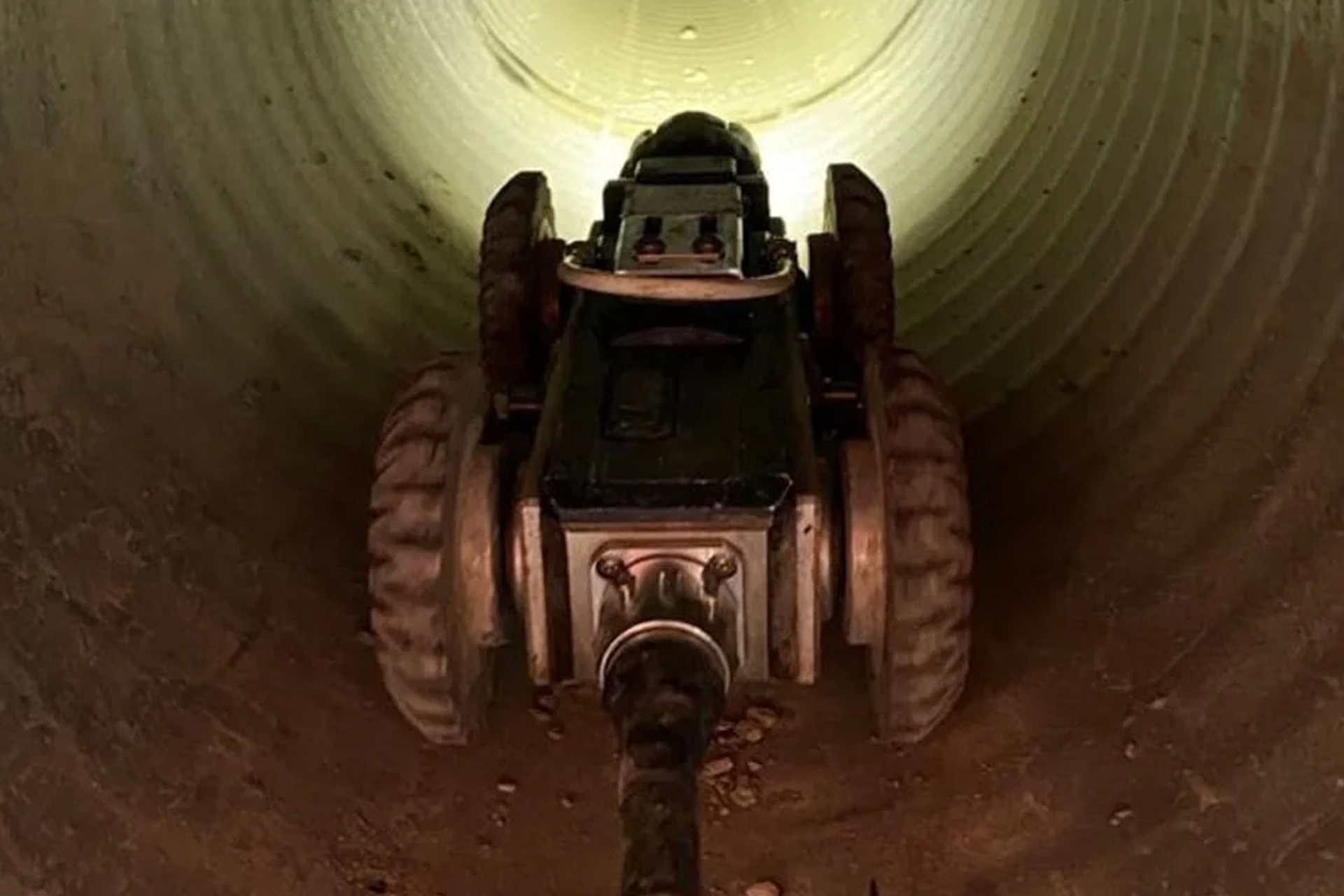Getting The Reclaim Waste To Work
Getting The Reclaim Waste To Work
Blog Article
Getting The Reclaim Waste To Work
Table of ContentsExcitement About Reclaim WasteIndicators on Reclaim Waste You Should KnowReclaim Waste - TruthsReclaim Waste Fundamentals ExplainedExcitement About Reclaim Waste
Check out the kinds, events, and types of liquid waste. Domestic sewage waste describes the waste and products from a household septic system. This sort of waste is created by human beings in residences, colleges, and other structures. This only consists of sewage-disposal tanks that have a drain field. The appropriate administration and disposal of residential sewer waste call for liquid waste to be moved to a sewage treatment plant where the appropriate approaches and equipment are applied to cleanse and take care of waste.
Industrial waste often consists of possible threats, such as combustible materials or a blend of fluid and strong waste products, and requires an advanced and detailed disposal process. The disposal of business waste typically includes the filtering of waste before transportation to make sure secure and correct disposal. Hazardous waste is produced from results and runoff of industrial procedures and production.
This sort of waste can not utilize the exact same sewage monitoring transport or processes as septic or business liquids. The commercial waste administration process needs the inspection and screening of liquid waste before it undertakes the disposal process (industrial wastewater treatment). Runoff waste is the liquid waste that originates from drainage and excess stormwater in very booming areas or cities
Drainage waste can create contamination and flooding if not handled correctly. Find out more concerning drain cleansing and waste monitoring. Making certain correct waste monitoring can stop calamities and reduce environmental harm. Both people in domestic settings and professionals in industrial or manufacturing sectors can profit from comprehending the procedures and regulations of fluid waste monitoring.
Get This Report about Reclaim Waste
Get in touch with PROS Providers today to discover concerning our waste management and disposal solutions and the appropriate ways to take care of the liquid waste you generate.
(https://businesslistingplus.com/profile/reclaimwaste1/)This supposed 'wastewater' is not only an important source however, after treatment, will be launched to our land, waterways or the ocean. Made use of water from bathrooms, showers, bathrooms, kitchen area sinks, laundries and commercial processes is known as wastewater.

water used to cool down equipment or clean plant and devices). Stormwater, a form of wastewater, is drainage that streams from farming and urban locations such as roofings, parks, gardens, roads, courses and rain gutters right into stormwater drains pipes, after rain. Stormwater moves without treatment straight to regional creeks or rivers, eventually getting to the sea.
Top Guidelines Of Reclaim Waste
In Queensland, many wastewater is dealt with at sewer therapy plants. Wastewater is delivered from residential or commercial sites through a system of sewage systems and pump terminals, known as sewage reticulation, to a sewage treatment plant.
The Department of Natural Resources advises city governments regarding managing, operating and preserving sewage systems and therapy plants. In unsewered locations, regional federal governments may need owners to mount individual or household sewage therapy systems to treat residential wastewater from toilets, cooking areas, bathrooms and washings. The Division of Natural Resources authorises using home systems when they are proven to be efficient.
Most stormwater obtains no treatment. In some brand-new neighborhoods, therapy of some stormwater to remove clutter, sand and crushed rock has started using gross pollutant traps. Wastewater treatment takes place in 4 phases: Eliminates solid matter. Larger solids, such as plastics and other objects mistakenly discharged to sewage systems, are removed when wastewater is passed via displays.
Makes use of tiny living microorganisms knows as micro-organisms to damage down and eliminate remaining liquified wastes and fine bits. Micro-organisms and wastes are integrated in the sludge.
The Best Guide To Reclaim Waste
Nutrient elimination is not offered at all sewage therapy plants since it calls for costly specialist tools. Clear liquid effluent generated after therapy might still have disease-causing micro-organisms - liquid waste removal melbourne.

This usually means wastewater has to be dealt with or contaminants gotten rid of before it can be released to waterways. A lot of wastewater moves into the sewerage system. Under the Act, local governments administer authorizations and permits for ecologically appropriate activities (Periods) entailing wastewater releases that may have a neighborhood impact. The department provides authorizations and licences to ERAs entailing wastewater releases that might have a local or statewide effect.
Reclaim Waste Fundamentals Explained
Or else, samples are considered lab analysis. Often lots of examinations are needed to establish the levels of each of the various pollutants such as oils, hefty steels and pesticides in water. Surveillance gives factual details regarding water quality and can verify that permit conditions are being met. The information gotten via tracking provides the basis for making water high quality choices.
Report this page